COVID19 and remaking moods of life

Saswathi Natta is a Sociology PhD student at the University of Maryland. Her dissertation work, funded by a Fulbright Grant, focuses on gender and caste. She holds a Bachelors of Engineering and a certificate in South Asian Studies from Princeton University.
The Coronavirus experience has been a trip, a REAL trip. I believe the COVID impact on my life has been seemingly subtle, but in reality, will have far-reaching and deep effects, physically, mentally, and emotionally. I think I finally understand the “save and horde” mindset I have seen in the generation of people who went through the great worldwide depression of the 1930s, which, weirdly enough, came after the last global pandemic, the “Spanish” flu which lasted 1918-1920. I hope those two global events weren’t linked, and I refuse to google it to find out, just in case they were linked, because that may throw me into an anxious panic given the current pandemic.
I am an Indian American Ph.D. student living in the state of Maryland in the US. Before COVID shutdowns started, I was a teaching assistant and would walk to the university campus from my home, which is 15 minutes away, and attend weekly lectures and lead lab sessions every Friday. The first and most visible impact has been the shift to online teaching. I am still a teaching assistant, but my office hours and Lab sessions have become a 4 hours stretch in which I sit at my desk at home with zoom open on my laptop, waiting for students to log in. There would be one 15 minutes stretch at 2 pm when all the students were required to log in, listen to my short presentation on the essentials of what they needed for their assignments, and then the remaining lab time would be devoted to their questions as they worked through their projects. The main difference after COVID shutdowns in life, regarding my teaching, was that the lab and sometimes lecture sessions became a way in which we would do the human check-in, of asking about everyone’s health, and if their families were alright. Within the first two weeks, one student had to skip lab because they were attending a funeral, another student lost a cousin. By the 3rd week of online lectures, one of my eight students was certain she had COVID because her uncle had tested positive and was in the ICU, and her father worked closely with her uncle, and her entire family, including herself, were having symptoms. That was a shock for the rest of us at that online lecture, and COVID suddenly, in our life became a very real and present threat. The check-ins during class and lab became more important than the class material. The student with COVID had mild symptoms and did her project work, but it became clear to the professor and me that asking for any kind of work based on pre-COVID schedules lost its meaning when faced with this kind of pandemic. We completed our course, and the university has made everything Pass/Fail. I am sure that future viewers of transcripts will know exactly what happened in the spring of 2020.
On a personal front, I remember my first attack of sudden anxiety when the cashier at the grocery store coughed while bagging my items, and I subtly closed my mouth and took a step back. It felt rude but was an automatic reaction. And suddenly, the news was all about social distancing and wearing masks. For me, the social distancing was slightly triggering, but I also felt an ironic sense of mirth seeing everyone treat everyone else like untouchables. My family is Dalit, so we have faced a history of savarnas keeping us at arms’ length, like that 6foot distance guideline, and sanitizing themselves if they came into contact with us, or our shadows or breath. So the new social distancing guidelines were triggering, but also, it was interesting to see all of humanity go through the “lite” version of what the untouchables of India had to endure for generations. The privilege of some over others became even more stark to the world, just as it had been so starkly visible to my family and me for generations. In the US, this privilege manifests itself in separating people into; those who can afford to work from home; those who have to work as medical staff, or other essential services like delivery people and grocery store workers and; those who have lost their jobs or businesses because of the shutdown like physical trainers, hourly wage workers, restaurant workers, and so many others. I am definitely privileged as I am a teacher and can teach online, keeping myself safe, and still furthering my degree by reading and writing at home. But it has been scary seeing so many of my friends lose their jobs and watch their entire lives being flipped over. The craziest check-ins have been with my friends who are doctors, casually quoting the number of people they have seen dead from COVID and at the same time, how they worry about not having enough protective equipment and how they have started to sit in their cars in the hospital parking lot until it’s absolutely necessary to go inside to attend to a patient because it feels like the car is safer than being inside the hospital. In this post-COVID world, life has been strange. I don’t know what to tell these doctor friends. They are working overtime, and they also came through for me when I had a small non-COVID medical emergency, and no other doctors or primary care clinics were open to prescribing me pain meds or antibiotics because of the COVID shutdown. What do people who don’t have doctor friends do, if they have a non-COVID medical emergency? Just risk getting COVID and go to the main hospital emergency room? COVID has made me acutely aware of my privilege.
The other major issue for me has been mental health. I had been a social person with a packed schedule of exercise, and work and teaching, and usually lunch or dinner with friends on weekdays. On weekends I frequented the local coffee shop to sit and work for hours while friends dropped by, and long time friends who are waiters would bring me coffee and tea and the occasional meal. I would go out to DC and brunch, or co-work with friends, or enjoy the nightlife and hand out my number to handsome strangers once in a while. I was someone who balked at the idea of getting a pet or even raising a plant at home because I was outside so much that I worried I would forget to water the plant. I ate out more than I cooked at home. COVID made me really re-examine my life and drastically changed my schedule. I didn’t have depression before, but I had heard of the symptoms, and I started seeing those symptoms in my life after the new COVID stay-at-home orders. When there is nowhere to go and nothing to do at a given time, there is no reason to get out of bed. There is no reason to shower or eat or sleep at any particular time. There were weeks when I was up ridiculously late binge-watching shows and stayed asleep far into the afternoon, and some meals were sprinkled in there at unknown times. Checking the news was depressing, especially watching my own county within Maryland AND the county where my parents lived in NJ, drastically spike up in COVID cases and COVID deaths into the thousands. I mourned the loss of multiple trips I had planned and conference presentations I had been accepted to, but that are now canceled, but I consoled myself by thinking that at least I’m not mourning the loss of a loved one.
After week 4, I think the Neuroplasticity kicked in. I hear the neuroplasticity of the brain allows the neurons to “compensate for injury and disease and to adjust their activities in response to new situations or changes in their environment.” So I started finding ways to regularize myself. The mood improved, and I started finding new hobbies and self-motivation. It sounds sad to my former self, but it brings me genuine happiness to watch my new plant sprouts grow, bake banana bread and try new recipes. I’m starting to feel alive inside my home now. I have study sessions set up with friends during the day when we get online and video call and get each other to sit in at our desks and do work. I’ve been finding joy in experimenting with new recipes, and by extension, I started growing a bunch of plants that have the potential to be pizza toppings in the near future. I have one housemate and three people that we have agreed to allow into the house for occasional visits, which is enough for the occasional conversation, movie, or game night. Life is progressing, but the lingering worry about what happens next is still there—the worry about the pending economic crisis for the world and myself. I wonder if I will find new tenants to pay rent, which I need to pay a mortgage and maintain the house. And I am still hearing new cases of COVID among friends and their families, so it’s not a crisis that is decreasing, even as some states reopen for business.
This has been an exercise in managing anxiety and retaining some sense of balance and control in life, even with all the privileges that I have. I’m starting to empathize with the survivors of the 1930 depression. I don’t think we are at depression levels yet, but I worry that we will find out soon.
Featured image credits: Hippo PX


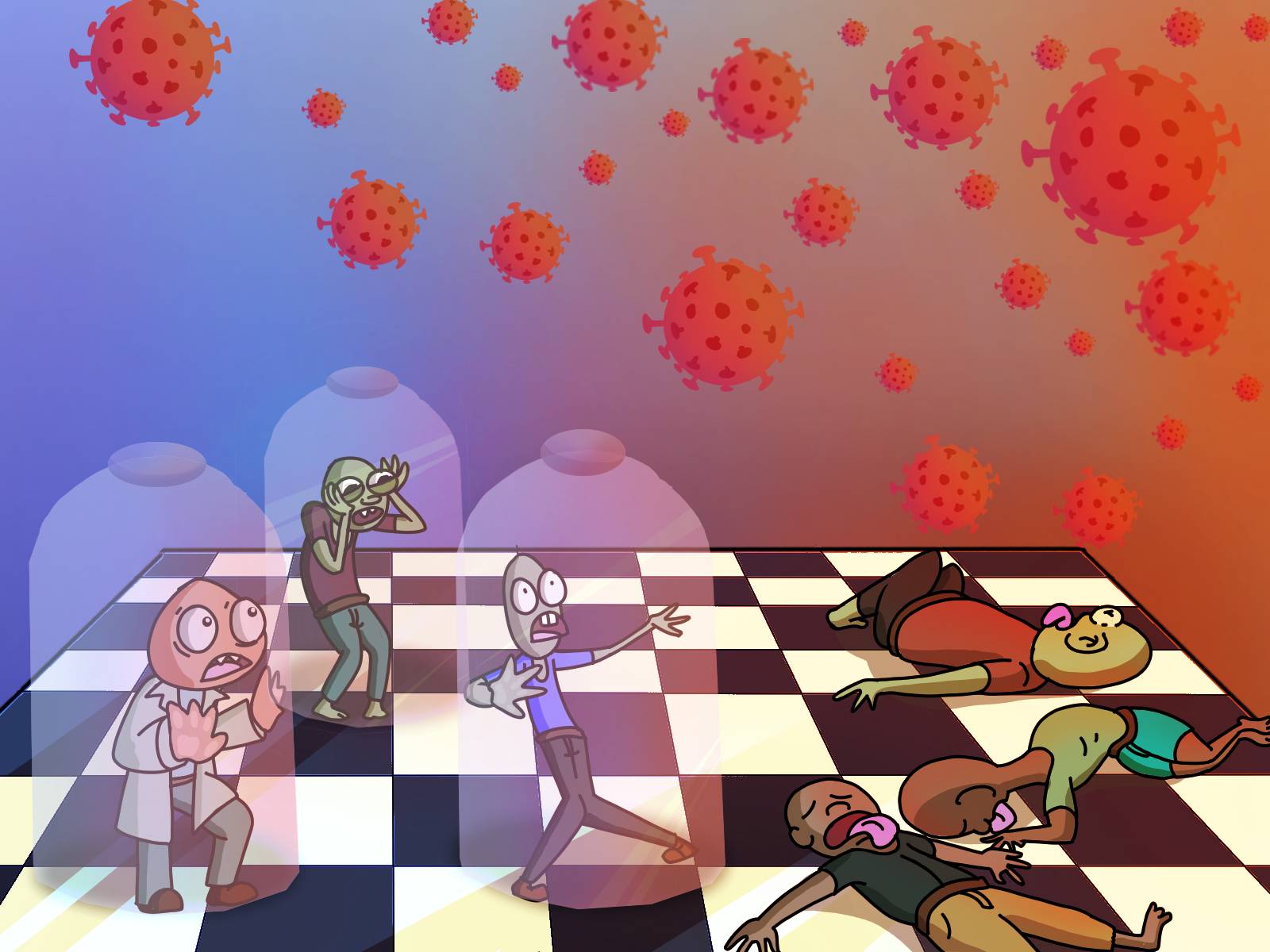
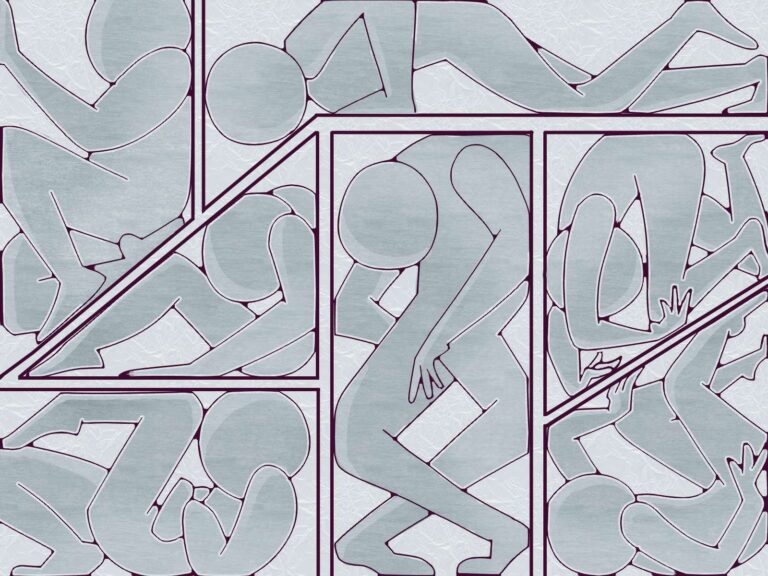
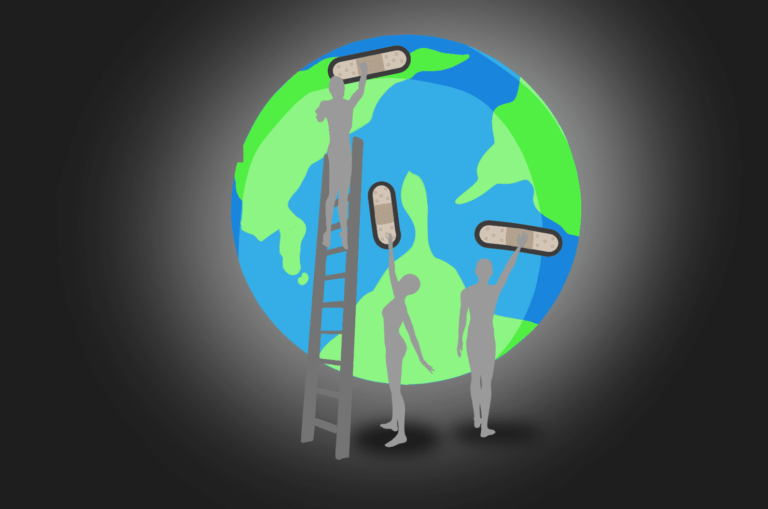
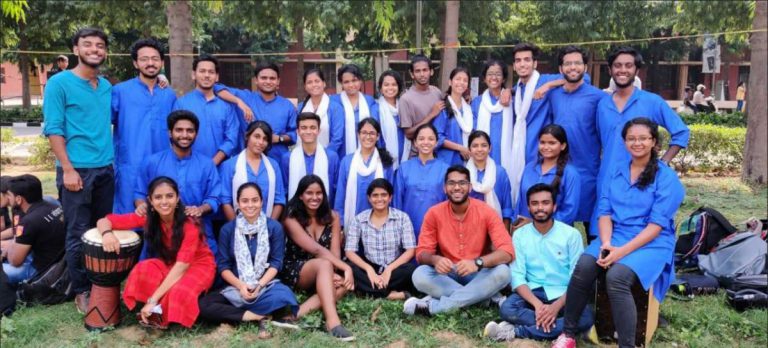
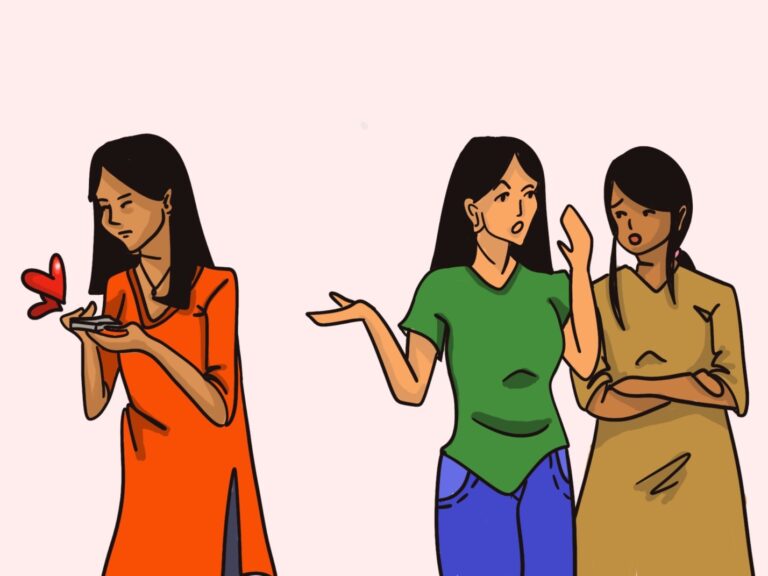
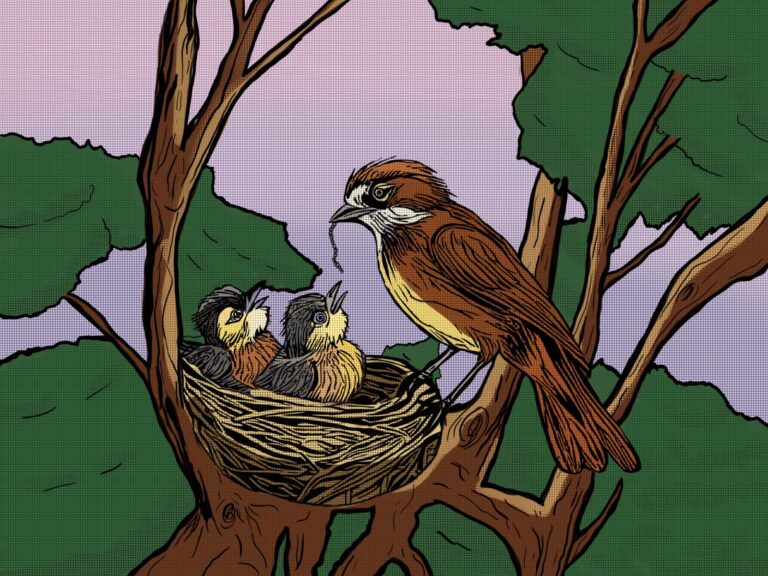
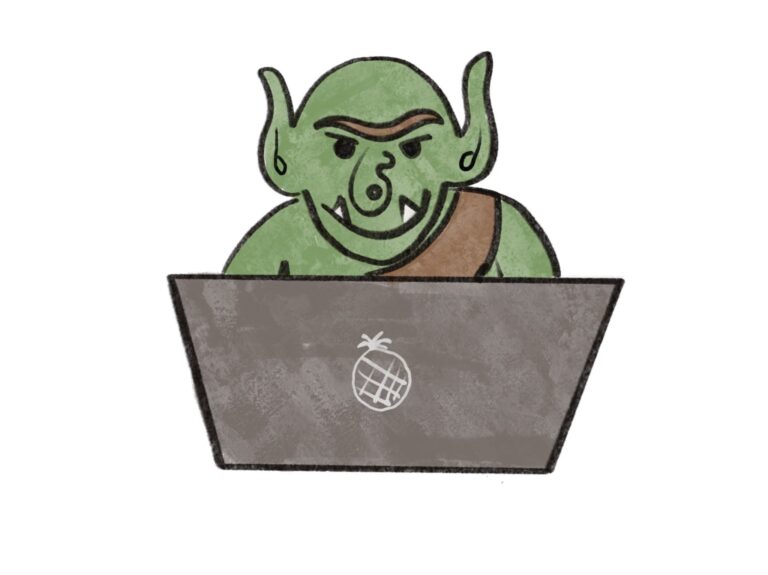
Readers' Reviews (1 reply)